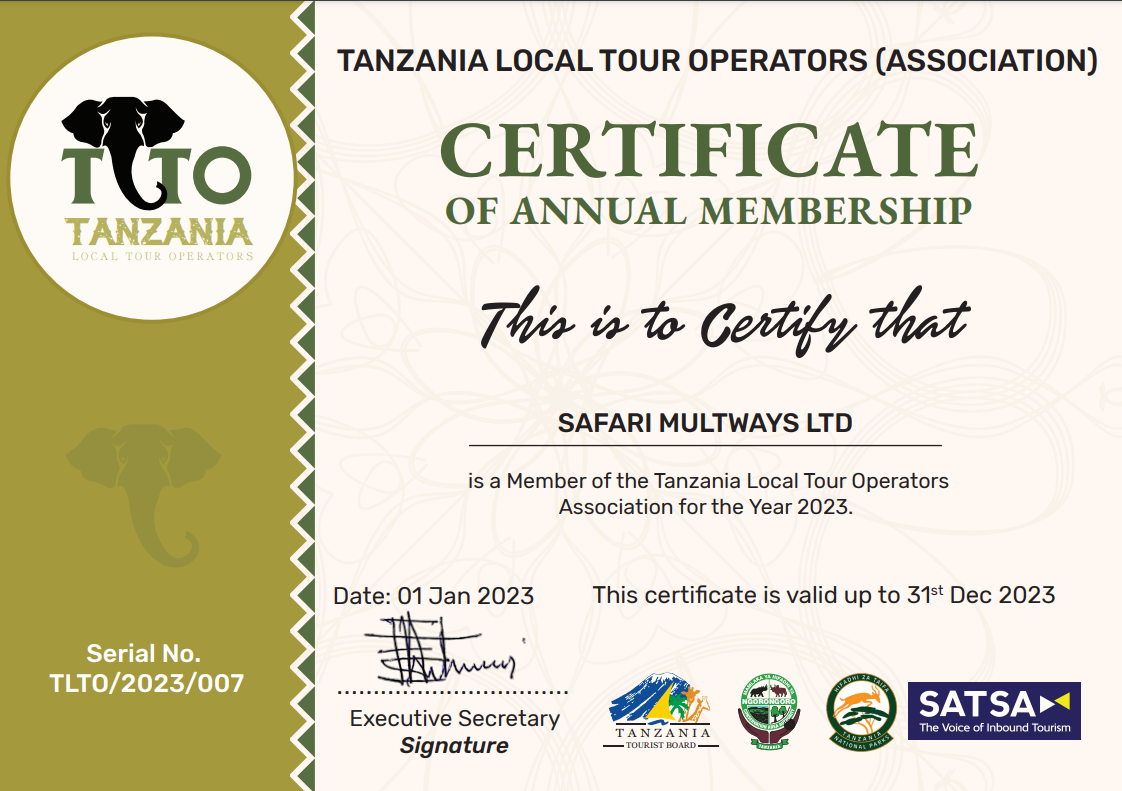The Birth of Tanzania: Zanzibar’s Integration
Island Unity: Zanzibar and Tanganyika Merge
In the annals of African history, the merging of Zanzibar and Tanganyika to form the United Republic of Tanzania stands as a testament to the power of unity and cooperation among diverse cultures and peoples. The integration of these two territories, each with its own unique history and traditions, marked a significant milestone in the journey towards a unified and cohesive nation.
Zanzibar, a picturesque island located off the coast of East Africa, has long been known for its rich cultural heritage and strategic importance as a trading hub. With a history shaped by centuries of Arab, Persian, and European influences, the island was a melting pot of cultures and traditions that set it apart from its mainland counterpart, Tanganyika.
Tanganyika, on the other hand, was a vast territory that stretched across the African continent, encompassing a diverse array of ethnic groups and languages. From the shores of Lake Victoria to the plains of the Serengeti, Tanganyika was a land of great natural beauty and untapped potential.
Despite their differences, the leaders of Zanzibar and Tanganyika recognized the benefits of joining forces to create a stronger and more prosperous nation. In April 1964, the two territories officially merged to form the United Republic of Tanzania, with Zanzibar retaining its semi-autonomous status within the new union.
The integration of Zanzibar and Tanganyika was not without its challenges, as the two regions faced differences in governance, economy, and social structure. However, through a commitment to dialogue, compromise, and mutual respect, the leaders of both territories were able to overcome these obstacles and forge a path towards a shared future.
Tanzania Emerges: Birth of a New Nation
The birth of Tanzania as a unified nation marked a new chapter in the history of East Africa, as the people of Zanzibar and Tanganyika came together to build a common future based on principles of equality, unity, and progress. Under the leadership of President Julius Nyerere, Tanzania embarked on a journey of nation-building that focused on social equality, economic development, and cultural preservation.
One of the key pillars of Tanzania’s nation-building efforts was the concept of Ujamaa, or "familyhood" in Swahili. This philosophy emphasized the importance of communal living, mutual cooperation, and shared responsibility for the well-being of all citizens. Through Ujamaa, Tanzania sought to create a society based on principles of social justice, equality, and solidarity.
In the years following its formation, Tanzania made significant strides in areas such as education, healthcare, and infrastructure development. The government invested heavily in social programs aimed at improving the quality of life for all citizens, regardless of their background or ethnicity. This commitment to social welfare and equality helped to foster a sense of national identity and pride among the people of Tanzania.
Today, Tanzania stands as a shining example of what can be achieved when diverse cultures and peoples come together in the spirit of unity and cooperation. The integration of Zanzibar and Tanganyika into a single nation was not just a political decision, but a symbolic gesture of hope and optimism for a brighter future. As Tanzania continues to evolve and grow, it remains a testament to the power of unity in overcoming differences and building a better world for all.



